The Employee Perks That Actually Work
Ping-pong tables are not a recruitment strategy. Yet some members of leadership and human resource teams think setting up game rooms and throwing occasional pizza parties somehow make their organizations super attractive to potential talent. That’s not the case. This article originally appeared on Glassdoor for Employers. To read the full article, visit Glassdoor for Employers.
Establish benefits that will actually matter to your employees, then share them with potential applicants you’re recruiting to help turn them into new hires. It’s tough enough to find good people: About half of human resource managers have job openings that are staying open longer than usual or that they can’t fill because of a lack of qualified applicants.
When you do unearth gems, you want them to feel your strong culture from the first impression. Here are the perks you need to set up to attract new rock stars and how you can showcase them during the hiring process:
1. Hand out authority raises.
At some point, raising paychecks no longer raises morale, and offering your star performers competitive wages won’t be enough to keep them around. Giving them more autonomy through an authority raise can be the ideal solution, and increased autonomy can play a huge role in team success (Australian Leadership Foundation, 2016)
For current employees, consider giving your top dogs wider decision-making berths. Does a stellar sales director need the go-ahead to authorize discounts of more than $5,000? Up the amount to $10,000 to give her a bump in pride and control. And during interviews, turn the tables to let the candidates ask questions — especially questions about salary, bonuses, and raises. This will show that you respect candidates’ time and encourage curiosity. They’ll also appreciate your openness on a typically taboo subject.
2. Provide a taste of luxury.
Most people will never own a Porsche. But what if your company purchased a used Porsche to hand out when employees achieve exceptional successes? The talent would get to drive it for a weekend, showing off to family, friends, and neighbors. It would be a huge ego hike — and a reason to talk up the company as a great place to work. Admittedly, a sports car or exotic Bentley convertible isn’t a cheap investment. If that’s not in the cards for your company, try something else, like giving successful employees a “blank check” gift card for dinner at an expensive restaurant in your city.
Either way, you’re showing employees that you trust them and giving them an experience they’ll remember as a reward for their accomplishments. And while you can’t let prospective employees test-drive a Mercedes, you can give them a tour. Like all exceptional tour guides, you should have a playbook of great ideas. For example, knock on the CEO’s office door and facilitate an “impromptu” chat. How many initial interviews include a warm welcome from the C-suite?
3. Offer on-site fitness training.
Healthy employees feel confident, tend to fight off sickness, and have improved stamina. Offer everyone on your team a comfortable place to work out with a treadmill and functional weight trainer. It will cost less than $5,000 and will immediately show your commitment.
Take it one step further by hiring a personal trainer to come to your facility for a few hours a week. Employees could meet with the trainer in groups or pairs, encouraging them to get fit while meeting people from other departments. It’s a great way to facilitate connections across siloed verticals and hierarchies and to foster company wide camaraderie. Advertise gym and trainer access in every job description you post, and when candidates come in for interviews, ensure your company tour swings by the gym for a sneak peek.
4. Cater lunch and learn sessions.
Sixty-one percent of professionals would hand over work-related data to have the chance to develop themselves on the job (Accenture, Decoding Organizational DNA, 2019). At the same time, most team members don’t think much of the food their companies provide (ZeroCater, 2017). Why not kill two birds with one stone by simultaneously upping your cuisine game and setting up opportunities for whole groups to learn critical new skills?
In my experience, it works like magic. Our office provided lunch one day a week. During the lunch, one employee would teach something to the rest of the group. The topic didn’t have to be a deep dive: We had only about 30 minutes to share. Still, 52 weeks’ worth of content added up. It also forced everyone to take a stab at public speaking, which turned out to be a huge advantage for people who hadn’t done so before. During interviews, mention these sessions to show that your company values professional development. If you ever have an interview at the same time as a session, consider having the applicant sit in. If not, consider connecting the applicant with an employee who recently led a session.
By all means, keep the Pac-Man arcade game by the water cooler. Just don’t rely on it to do the recruiting work of more essential perks aimed at constructing a tight-knit culture in which people can thrive. Learn more about employee engagement and leadership by watching my speeches.
Krister Ungerböck is the global expert on the Language of Leadership. Krister is a captivating keynote speaker, a coach to high-performance CEOs, and former CEO of one of the largest family-owned software companies in the world. Based upon his experience observing business leaders in more than 40 countries, building businesses in six and living in three, he shares insight into leadership that bridges between business, relationships, and family.


